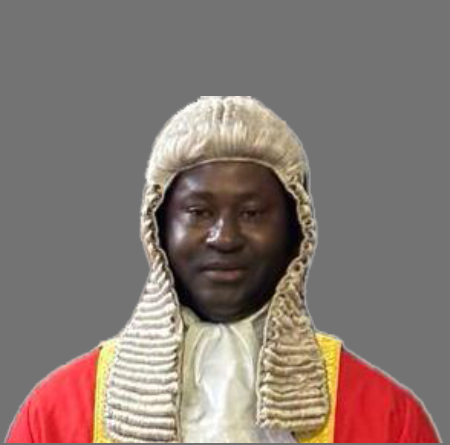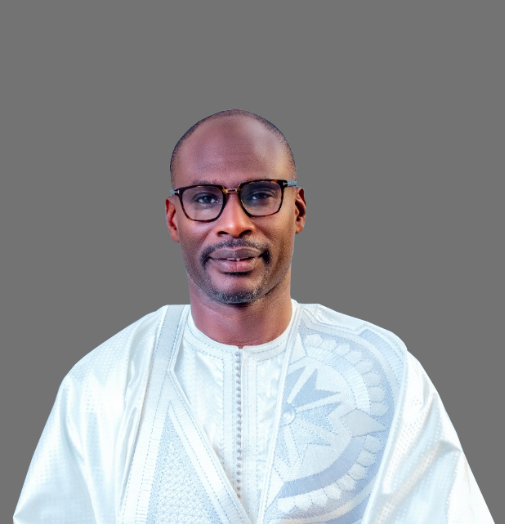The European Union Ambassador to The Gambia, Ms Imma Roca I Cortés, has expressed hope that The Gambia will resolve legal and logistical barriers to allow its diaspora to participate in future elections.
The right of Gambians in the diaspora to vote is a major topic in the country’s ongoing democratic reforms. The 1997 Constitution guarantees all citizens aged 18 and older the right to vote, including those living abroad. However, practical implementation has faced legal and political hurdles, leaving the diaspora—estimated at nearly a quarter million—disenfranchised ahead of the 2026 elections.
The European Union has been a key development partner for The Gambia, and Gambian diaspora groups have recently petitioned the EU Parliament to support their voting rights and prevent democratic backsliding in the country. These groups argued that their exclusion violates both the Constitution and a 2021 Supreme Court ruling affirming diaspora voting rights.
Despite constitutional guarantees, the deletion of Clause 14 from the Elections Bill 2021 has blocked the Independent Electoral Commission (IEC) from establishing clear guidelines for diaspora voting. Lawmakers opposing the clause argued that a new diaspora constituency would require a constitutional amendment, while advocates say existing law already allows diaspora registration based on birthplace or former residence.
Commenting on this in a recent interview with The Standard the EU Ambassador said: “We are glad that the Constitution and the elections bills are being discussed. We trust that the Constitutional clauses and the Supreme Court decision that all Gambians at the age of eighteen and above have the right to vote is going to be implemented. We understand that at the moment there is a debate on the decision that was taken on the difficulties of the technicalities of it. I hope that these technicalities are overcome and that the decision of the court will be implemented,” she told The Standard.
The ambassador however acknowledged that The Gambia has gone through a whole circle of elections that have been successful.
“When I say successful I am referring to the process. We have actively observed some of those elections and come up with recommendations on how to better improve the system to make it international standards. Part of these recommendations is the voter register which is always an issue,” she added.
The EU ambassador’s hope reflects growing international and domestic pressure for The Gambia to honour its Constitutional promise and allow its diaspora to vote—a move widely seen as vital for the country’s democratic consolidation and continued partnership with the EU.




